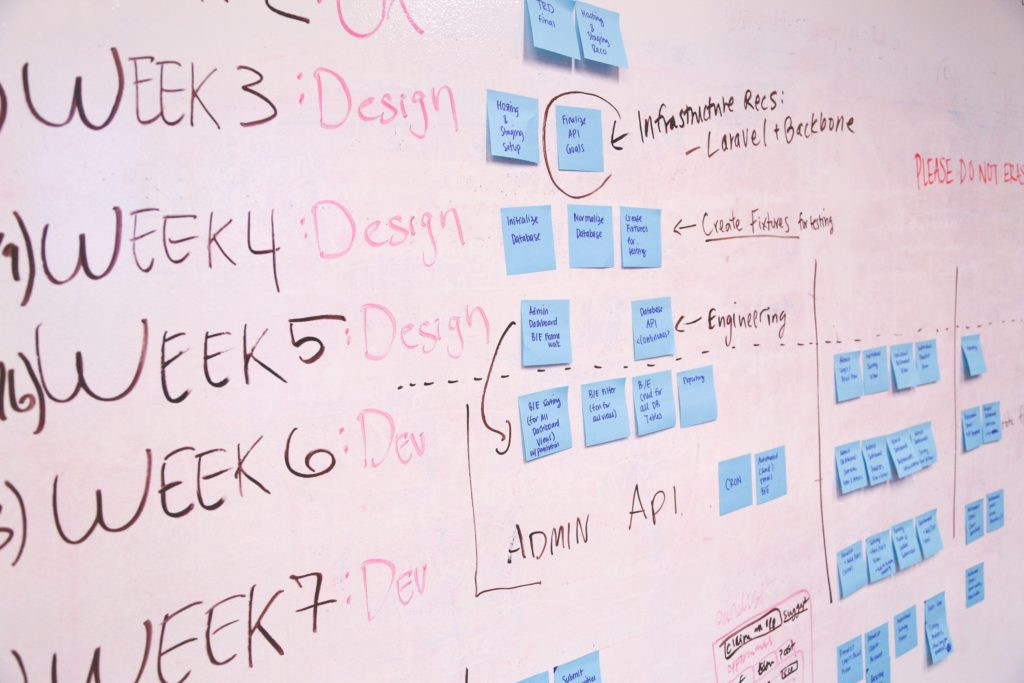Programme Educational Objectives (PEOs)
PEO I- Preparation:
Creating foundation of fundamentals of engineering by providing knowledge of basic applied sciences which helps in transition of students towards advanced studies of higher classes.
PEO II- Core-Competence:
Enhancing the attributes of Communication Skills, team spirit and group behaviour among students.
PEO III- Breadth:
Increasing the core abilities of the students through multi-disciplinary and cooperative problem solving approach.
PEO IV- Professionalism:
Inculcating ethics and values by involving students into Business Club and other associated activities.
PEO V- Learning Environment:
Providing progressive learning environment with the aid of Project Based Learning method.

Programme Outcomes (POs)
Engineering Graduates will be able to:
- PO1 Engineering knowledge
Apply the knowledge of mathematics, science, engineering fundamentals, and an engineering specialization to the solution of complex engineering problems.
- PO2 Problem analysis
Identify, formulate, review research literature, and analyse complex engineering problems reaching substantiated conclusions using first principles of mathematics, natural sciences, and engineering sciences.
- PO3 Design/development of solutions
Design solutions for complex engineering problems and design system components or processes that meet the specified needs with appropriate consideration for the public health and safety, and the cultural, societal, and environmental considerations.
- PO4 Conduct investigations of complex problems
Use research-based knowledge and research methods including design of experiments, analysis and interpretation of data, and synthesis of the information to provide valid conclusions.
- PO5 Modern tool usage
Create, select, and apply appropriate techniques, resources, and modern engineering and IT tools including prediction and modeling to complex engineering activities with an understanding of the limitations.
- PO6 The engineer and society
Apply reasoning informed by the contextual knowledge to assess societal, health, safety, legal and cultural issues and the consequent responsibilities relevant to the professional engineering practice.
- PO7 Environment and sustainability
Understand the impact of the professional engineering solutions in societal and environmental contexts, and demonstrate the knowledge of, and need for sustainable development.
- PO8 Ethics
Apply ethical principles and commit to professional ethics and responsibilities and norms of the engineering practice.
- PO9 Individual and team work
Function effectively as an individual, and as a member or leader in diverse teams, and in multidisciplinary settings.
- PO10 Communication
Communicate effectively on complex engineering activities with the engineering community and with society at large, such as, being able to comprehend and write effective reports and design documentation, make effective presentations, and give and receive clear instructions.
- PO11 Project management and finance
Demonstrate knowledge and understanding of the engineering and management principles and apply these to one’s own work, as a member and leader in a team, to manage projects and in multidisciplinary environments.
- PO12 Life-long learning
Recognize the need for, and have the preparation and ability to engage in independent and life-long learning in the broadest context of technological change.
PROGRAM SPECIFIC OUTCOMES [PSOs]
- PSO1: Introducing the students to the fundamentals of engineering and basic applied sciences which may help students relate to the advanced studies in higher semesters.
- PSO2: Creating the foundation for innovative and entrepreneur mind set through project based learning, business modelling and design thinking.
- PSO3: Inculcating professionalism and basic communication skills among the students by involving them into business club and other allied activities.
